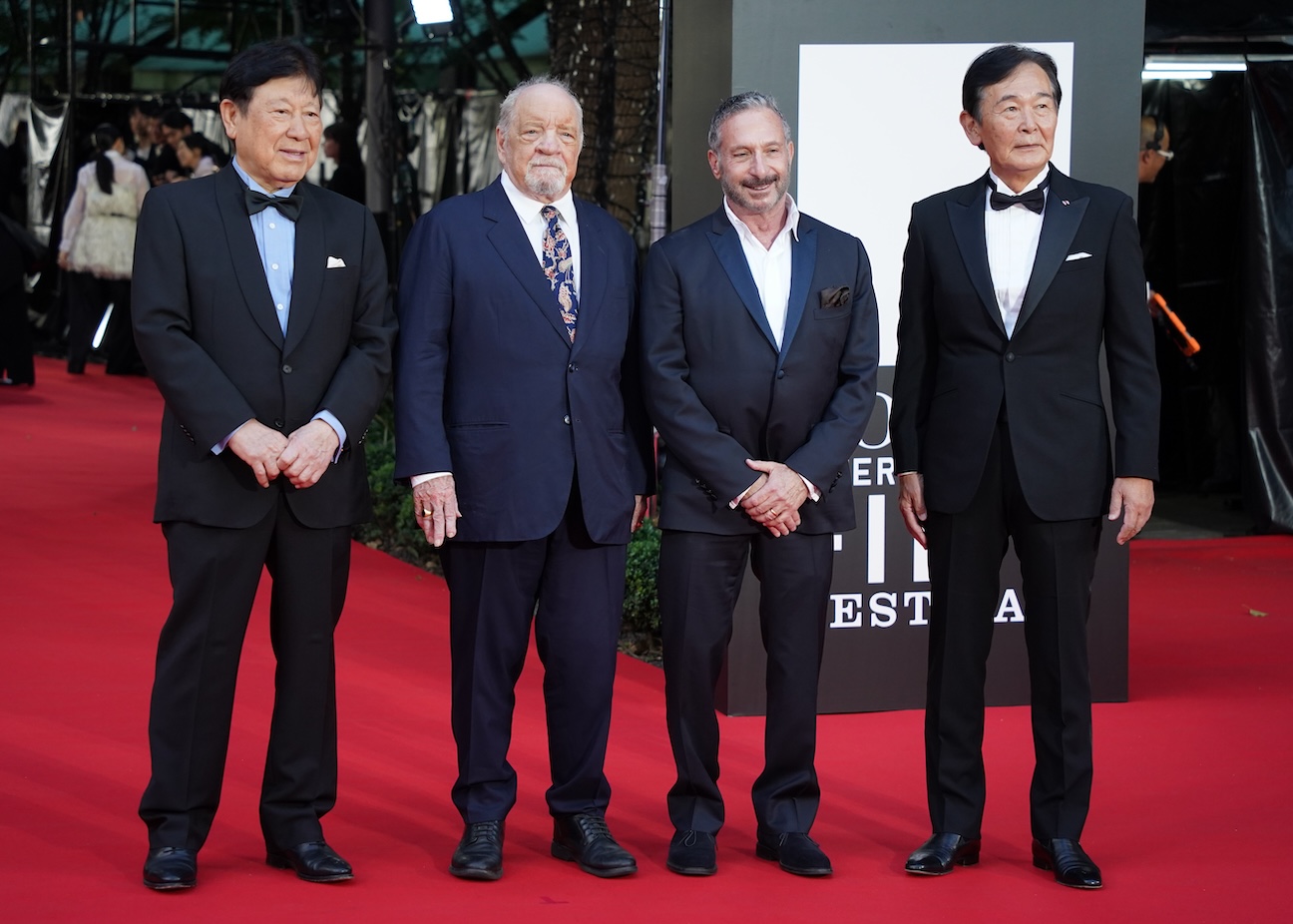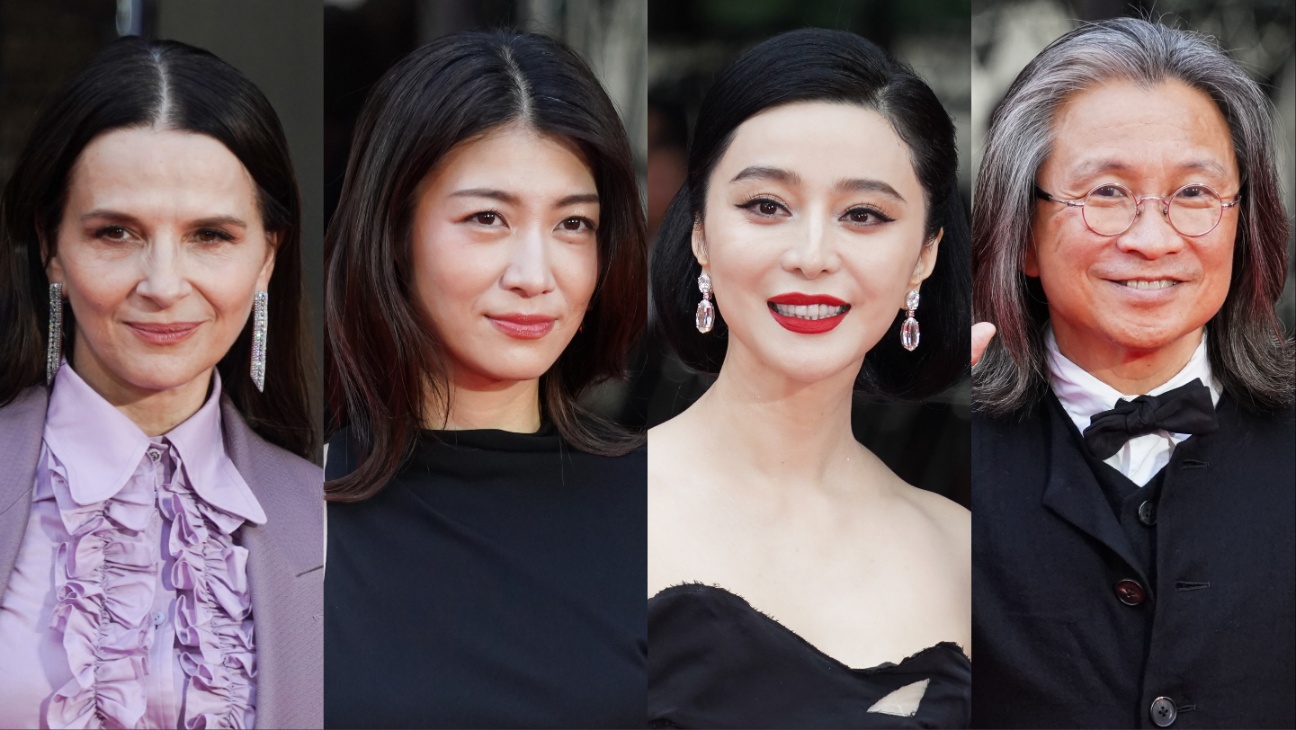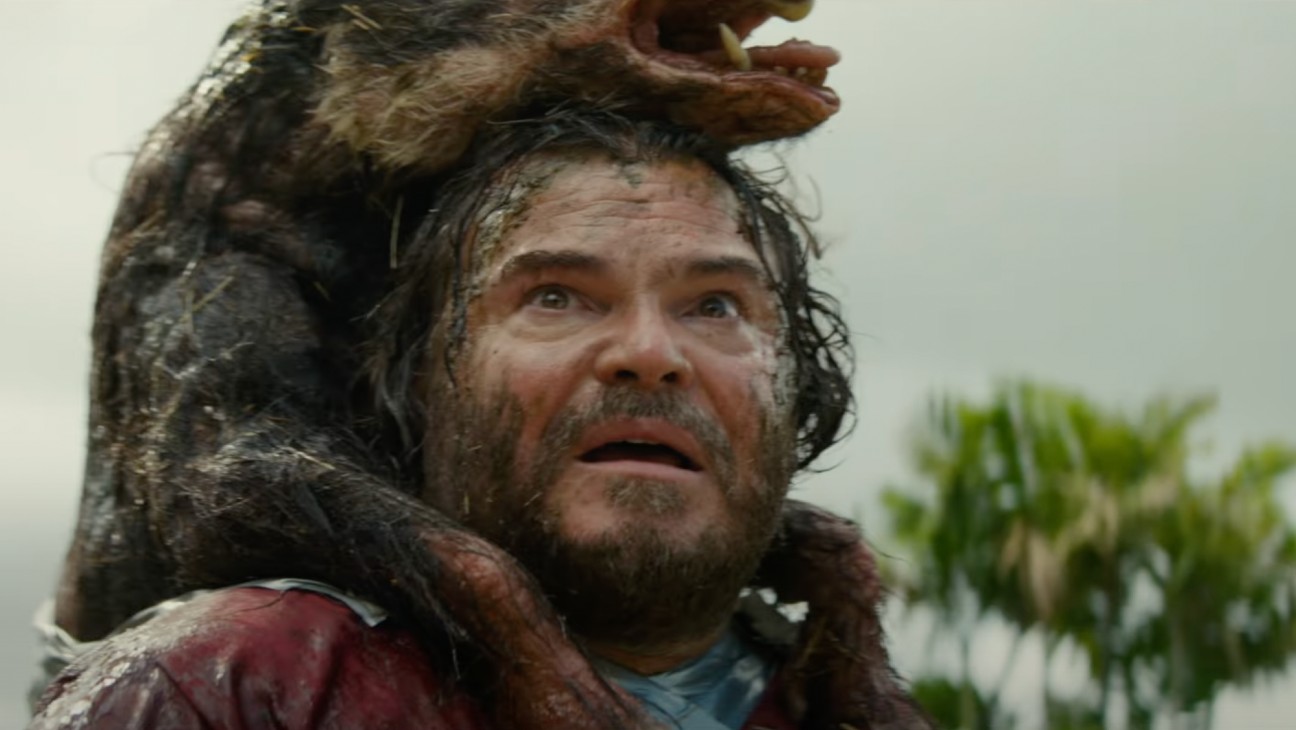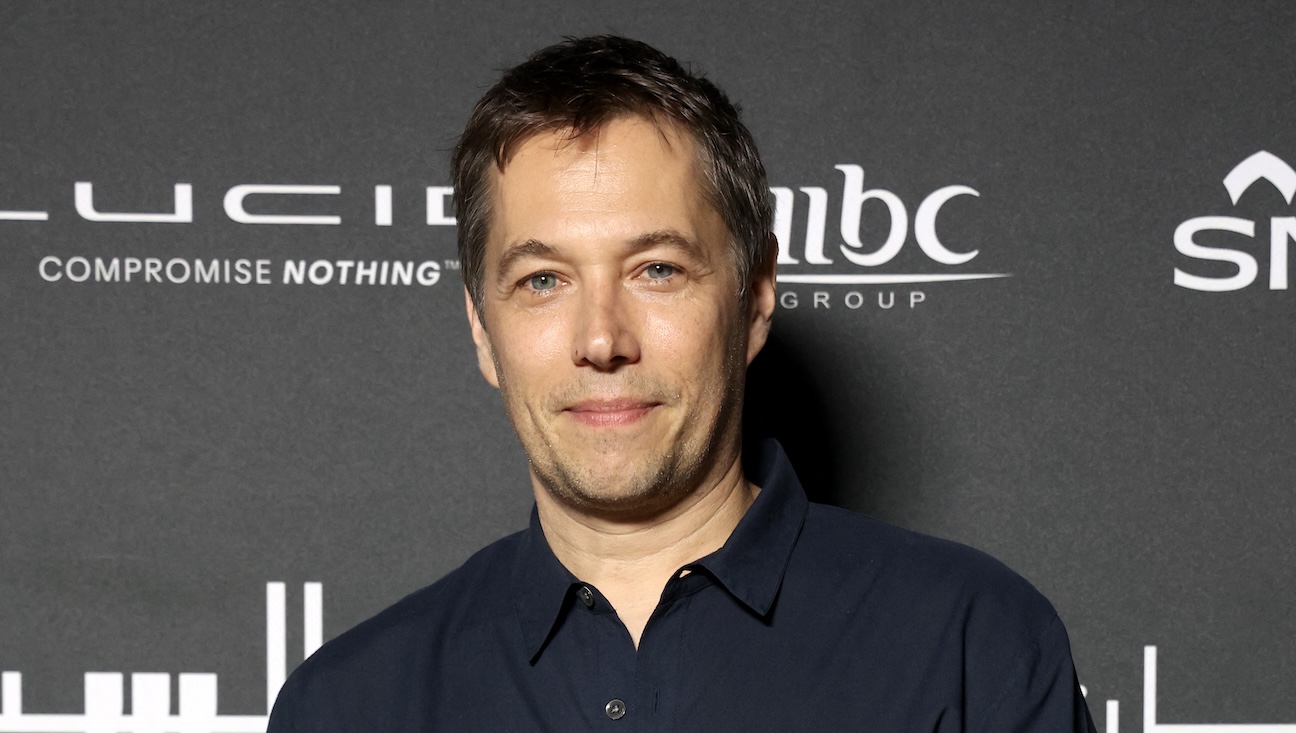The 38th Tokyo International Film Festival got off to a gently emotive start Monday night with the local premiere of filmmaker Junji Sakamoto’s Climbing for Life, a crowd-pleasing biographical drama about Japanese mountaineer Junko Tabei, the first woman to summit Mt. Everest.
The film’s star, Sayuri Yoshinaga, was presented with the festival’s lifetime achievement award during a poignant moment at the opening ceremony. A four-time Japan Academy Award winner for best actress, Yoshinaga’s career stretches from the Japanese cinema’s golden post-war era through to the present day, with Climbing for Life marking her 124th screen appearance.
On a clear and unseasonably warm night in Japan’s capital, Yoshinaga, her director Sakamoto and fellow cast member Rena Nōnen walked the red carpet in the upscale Ginza district ahead of the festival’s official opening. They were followed by the face of the 2025 Tokyo festival, rising actress Kumi Takiuchi, and a slew of local and international stars, including Takumi Saitoh, Misato Morita, China’s Fan Bingbing and Peter Chan, and French actress Juliette Binoche.
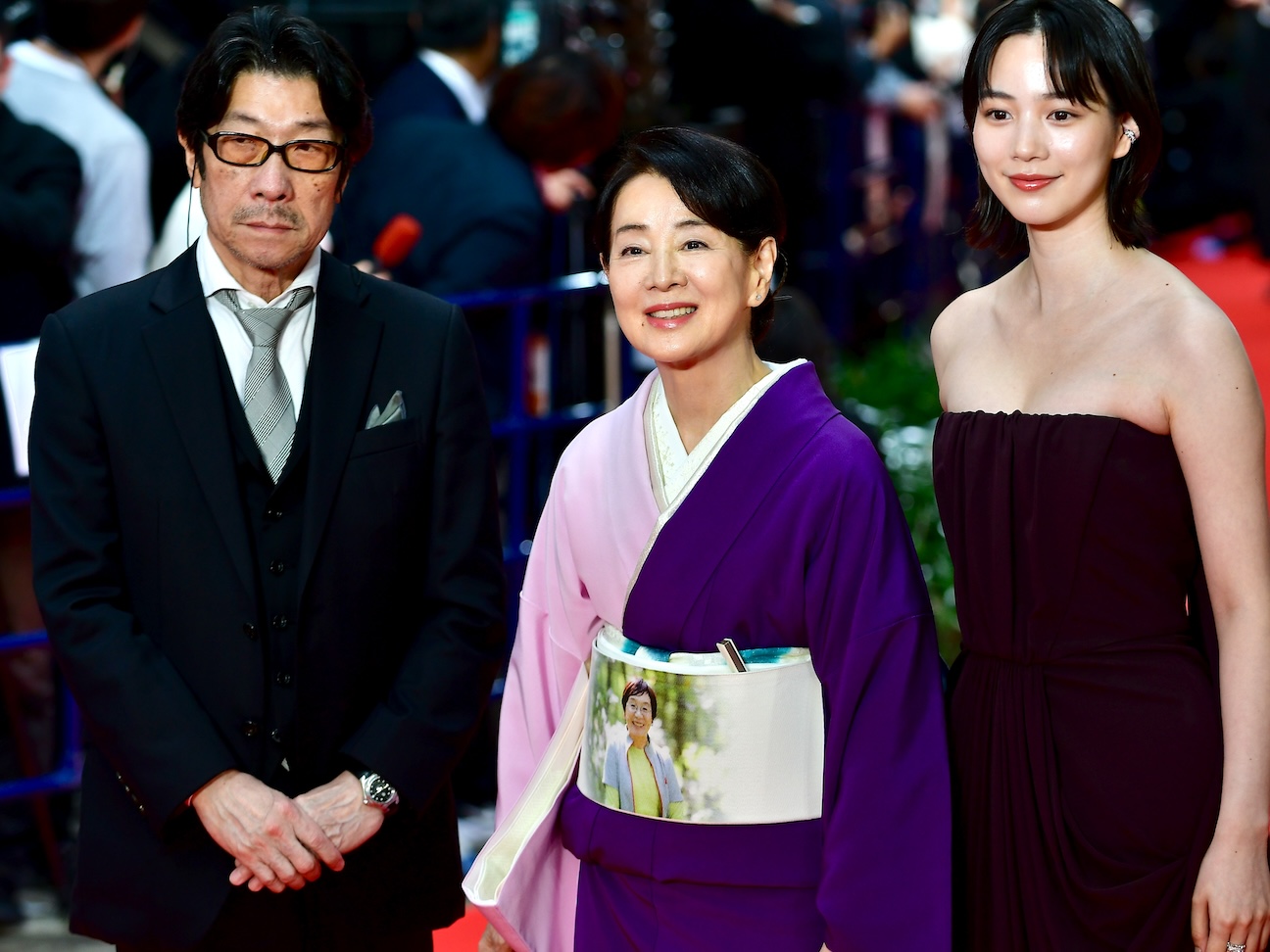
In recent years, Japan’s flagship film festival has been working to reassert itself as a must-attend cultural event within the Asia-Pacific circuit. After a long period of uncertainty and uneven direction, the festival — now led by chairman Hiroyasu Ando — is pursuing an ambitious revitalization, aiming to align its international profile with Japan’s storied cinematic legacy, the surging global popularity of anime, and the expanding worldwide fascination with Japanese culture.
“It’s an honor and privilege to come to a country that is dear to me — and to anyone who loves cinema,” said Carlo Chatrian, former head of the Berlin Film Festival and president of Tokyo’s main competition jury this year. “There is little to say before watching films. We come here with all our emotions and different backgrounds, but I’m sure that after these ten days we’ll be a little different. We’ll know more about each other and the world we’re living in — and this is what makes cinema so special.”
The ceremony’s venue sits just a few minutes’ walk from the Imperial Palace, one of the focal points of a vast security operation currently underway for the visit of President Donald Trump, who landed at Tokyo’s Haneda Airport at 5 p.m. local time — just as the curtain rose on the opening ceremony. Around 18,000 Japanese police and security personnel have been deployed across the capital for the visit, during which the president is scheduled to meet with Emperor Naruhito this evening and Sanae Takaichi, Japan’s newly elected first female prime minister, tomorrow. Security has been tightened following the 2022 assassination of former prime minister Shinzō Abe, who maintained a close personal relationship with Trump and was Takaichi’s mentor.
Past editions of the Tokyo festival have featured statements of support from the Japanese prime minister during the opening ceremony, but such an endorsement was absent this year.
Instead, Toshiro Ino, Japan’s Minister for Economy, Trade and Industry, was on hand to offer some words of support. The minister celebrated the selection of Cannes’ Marche du Film of Japan as its country in focus for 2026, while also lauding the recent box office success of the Japanese period drama Kokuho, which has become the country’s top-grossing live-action film in years (despite a three-hour runtime and deep focus on traditional kabuki theater).
Said Ino: “Recently, Kokuho became a major hit, and it has re-inspired the Japanese public’s interest in kabuki, a core part of Japan’s cultural heritage. I am delighted that such works are helping to promote and deepen appreciation of Japanese culture. Our government will continue to support efforts to bring these meaningful Japanese works to audiences worldwide.”
Festival chairman Hiroyasu Ando also introduced American auteur Paul Schrader to the crowd during the opening ceremony. The screenwriter, director and frequent Martin Scorsese collaborator is attending the festival with his 1985 feature Mishima: A Life in Four Chapters. The film — about celebrated writer Yukio Mishima, who committed ritual suicide in 1970 after failing to incite an ultranationalist coup — was released in the U.S. but has never been shown publicly in Japan due to decades-old right-wing opposition from Mishima’s acolytes. The film will finally make its “Japan premiere” this week as part of a programming sidebar commemorating the 100th anniversary of Mishima’s birth.
Stopped on the red carpet before the ceremony, Schrader told the event’s MC that he had always believed Mishima would eventually screen in Japan. “But it’s been 40 years,” the 79-year-old Taxi Driver writer said with a laugh. “It’s taken a little longer than I expected.”
Asked for a final message to the Tokyo audience, Schrader added: “Don’t blame America for Donald Trump!”
